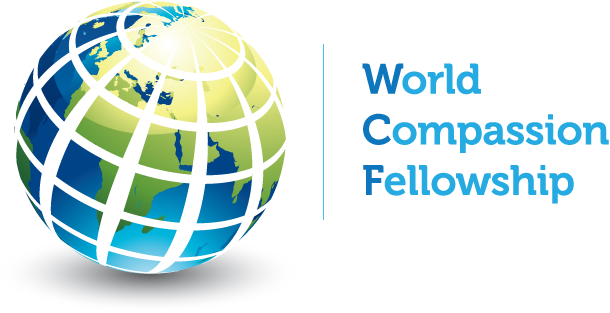Various Countries in Africa
Africa Mobile Medical Teams
What We Provide:
WCF coordinates short trips that bring qualified medical professionals to underserved areas throughout African countries.
- Pharmacy Supplies
- Lab Referral Costs
- Specialist Referrals
- Wound Care Supplies
- Emergency Care
- Nursing Supplies
- In-country Transportation Costs
- Local Translators and Providers
- Additional clinic equipment rentals
Our Mission
World Compassion Fellowship sponsors ongoing teams and local medical providers to provide medical care for impoverished and disadvantaged communities in Africa.
The Background
Throughout the continent of Africa, economic instability, political strife and environmental disasters such as famine, annual droughts and flooding have trapped many regions in impoverished conditions and have also contributed to the development of major public health problems.
According to the World Health Organization, a survey of 47 African countries revealed that there is only 1.55 health workers per 1,000 people, much lower than the 4.45 health workers per 1,000 people needed to deliver essential health services.
Only 65% of births are attended by skilled health personnel, and almost half of all deaths under the age of five are neonatal deaths.
Approximately 70% of all maternal deaths occur in Sub-Saharan Africa. Obstetric complications contribute significantly to maternal deaths. Other indirect causes include delays in seeking care, poor referral system, and lack of appropriate drugs, equipment and staff capacity.
19 of the top 20 countries with the highest cervical cancer burden are in sub-Saharan Africa. Poor access to cervical cancer prevention, screening and treatment contributes to 90% of all deaths.
95% of malaria cases, which can cause frequent illness and disabilities in children, occur in the WHO African Region. 80% of all malaria cases are estimated to affect children under five years old.
Maternal mortality is still among the highest in Africa. Obstetric complications contribute significantly to maternal deaths. Other indirect causes include delays in seeking care, poor referral system, and lack of appropriate drugs, equipment and staff capacity.
Mobile medical clinics that bring in skilled healthcare professionals offer acute relief to local communities lacking regular medical care.

